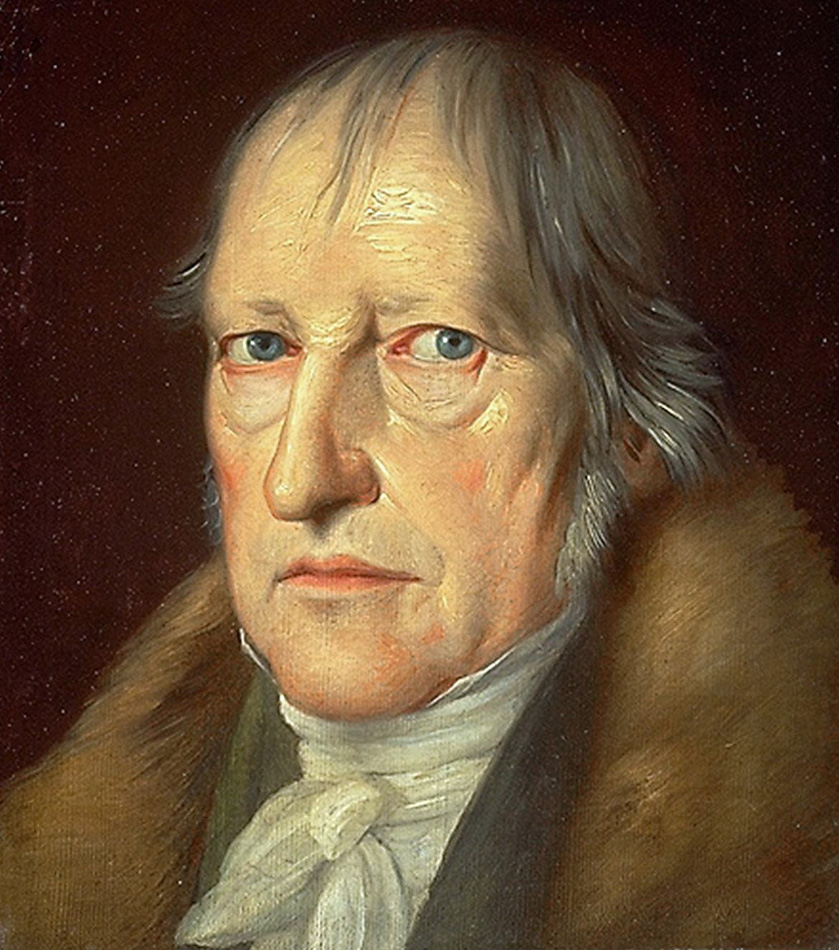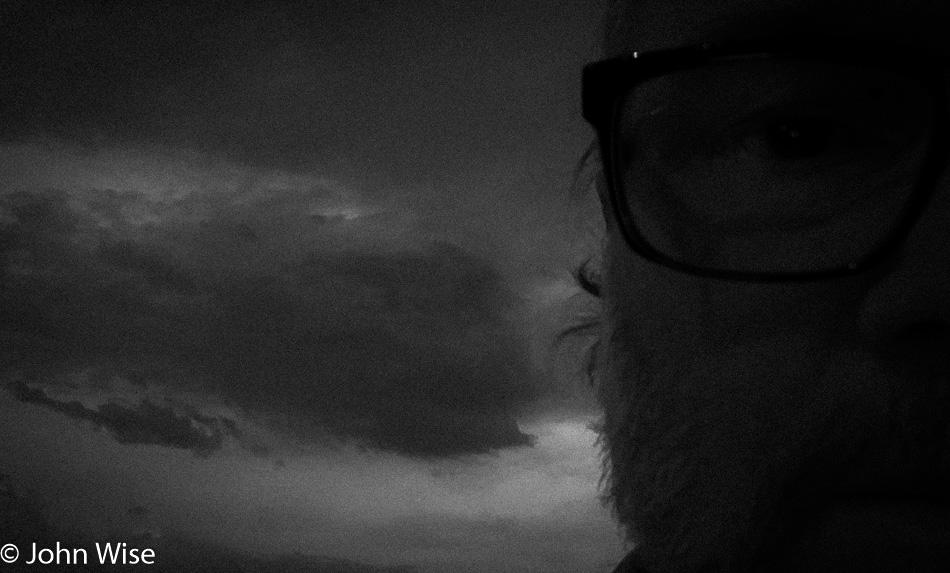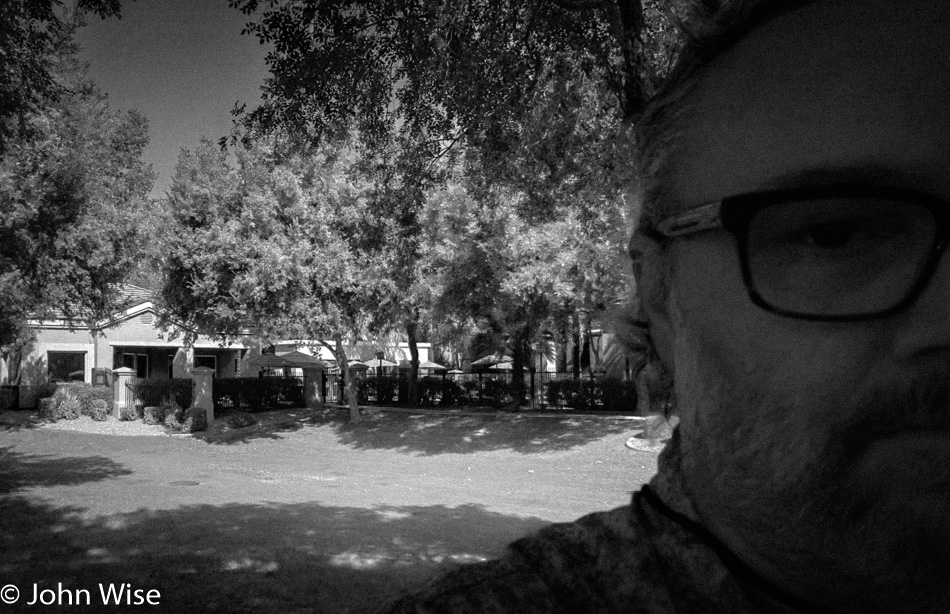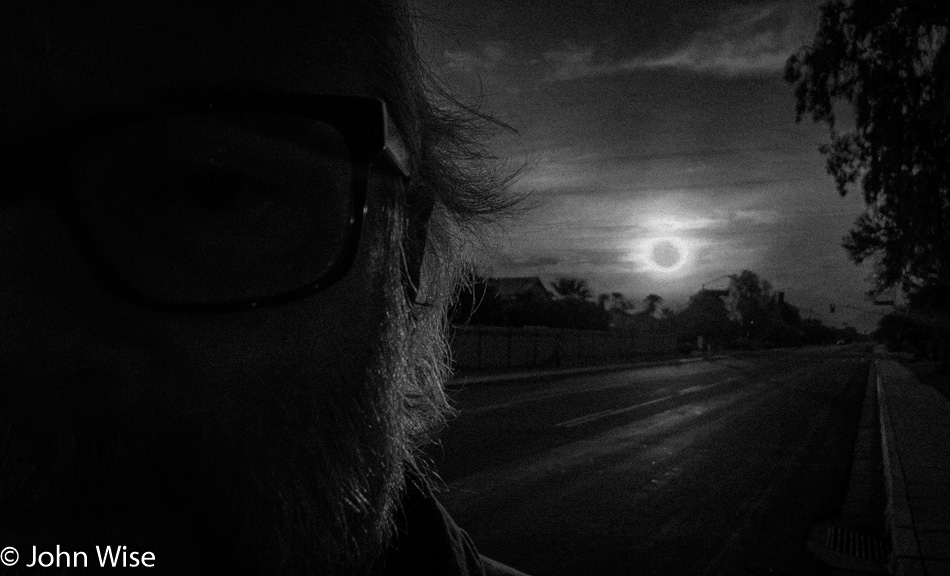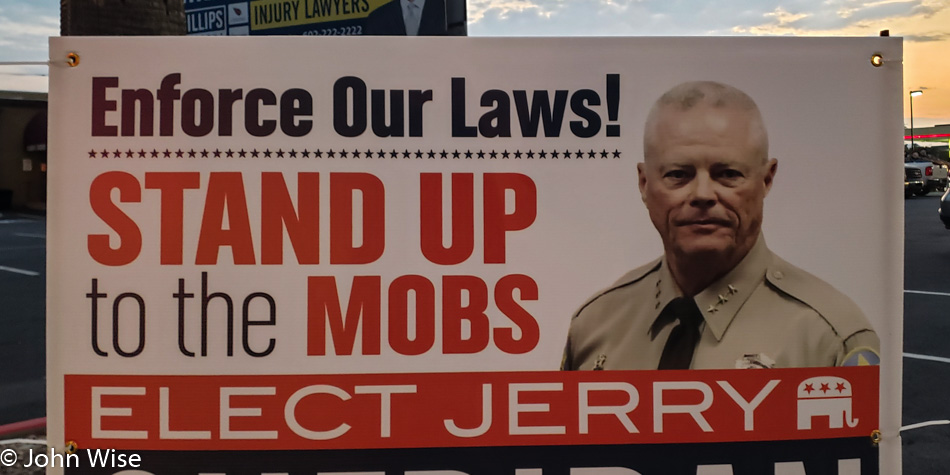
Yes, the electorate of the city I live in is THAT stupid. So, just who are these mobs this candidate for sheriff is standing up to? I’d wager he’s not referring to the Sinaloa Cartel, the Mafia, or biker gangs associated with criminal activity – oh yeah, that would be because those groups participate in interstate crime, which the FBI deals with. No, he wouldn’t be so overt and racist by making an appeal in public on street corners with a sign that targets Black Lives Matter, anti-fascists, environmentalists, and protesters in general that the president of the United States has labeled as liberal extremists. Why would the general public put up with a sign that smacks of such overt racism with hints of nationalism? The easy answer is that we are collectively too stupid to recognize the blatant nature of an appeal to backward-thinking white supremacists.
I recently read this tweet from Bree Newsome Bass: “The civil unrest is a byproduct of the collapsing state, not the cause of it.” Now, I can already hear people saying that the collapse is due to this event or that one, this death, this action, this fire, these people, those people, immigrants, Facebook, the fake media, QAnon, Obama, Trump, or whatever flavor of nonsense that wraps up people’s concerns in some neat little package that isolates the problem which would then insinuate that if we could simply contain it, we can deal with it and overcome it.
Here’s some news for you: our problems are deep and systemic, and Ms. Bass is getting it right; we are in a collapsing state. The only reason we are in this situation is because of our fundamentally broken education environment. I did NOT say the education system. Our teachers are, by and large, doing the best they can, but they have to fight against a population that revels in the mediocrity of subpar intellect that is wrongly construed as a form of genius. Collectively, we are idiots, and that’s why people running for office can put up such hostile signs asking you for their vote, as did Jerry here in Phoenix, Arizona. We have choices of how to listen to opposing points of view. While many will insist that the dogma they eschew is a kind of law laid down as a liturgical device by “their” politicians and Fox News pundits, or maybe it’s an insidious canon law not conveyed by a papal pronouncement but the whimsical folly of a celebrity turned politician. However, by what method does a large part of our population gather to act as a conditioned herd of sheep, which both sides accuse the other of being guilty of? It could very well be that it is this black-and-white, either-or, my way or the highway, kind of mentality that is shooting the body politic point-blank in the head.
My analogies and observations are fundamentally worthless. My kvetching adds nothing to the larger dialog as bigger, more important voices than mine have been speaking truth to power for far longer than I’ve been alive, and their impact has been negligible at best. So why don’t I just stop hitting all these keys in front of me and get on with some good old-fashioned rolling over and accepting my own superiority I deserve for being allowed to live? Because of my dream that I won’t go to my grave surrounded by the hostility of idiots, and I mean this in the general sense. I’d prefer that my final breath would not be one of exasperation but one of envy that those who continue are doing so in a world better than the one I was born to.
Back to the mob. A citizenry operating within the context of constitutionally guaranteed rights when demanding change from a system that rightfully appears hostile to the point of being deadly to a part of our people is democracy doing what it’s supposed to do. We once asked how Germans could sit by and allow Jewish people, gay people, Sinti/Roma, and others to be rounded up and shipped off. We felt they must have been complicit in the atrocities being waged against these groups. But this is exactly where America is today as we demonize those who are risking their safety by confronting a state apparatus that is deaf to the plight of those who are not of the majority. The real mob is the thugs doing the bidding of people in bunkers and high towers. Joseph Goebbels, Heinrich Himmler, not even Adolf Hitler himself ever needed to murder a single person as the officers of the Sturmabteilung, a.k.a. the Brown Shirts, the Schutzstaffel a.k.a. the SS, the Gestapo which translates to the Secret State Police, even the ordinary policeman on the beat were part of the fabric of suppression of the undesirables, of the Jewish mob, the gay mob, the scientific and art mob, the sympathizer mob who tried to protect those who would bring down the state that was only looking out for the common German worker. The official title of these law & order patriots was National Socialist German Workers’ Party or NSDAP, better known as Nazi Party.
I can imagine a reader of this being aghast that I’d draw a comparison of Nazis to American policemen and women, and I certainly and unequivocally would agree that the comparison is mostly WAY off base, but the bigger point was that to the average German who didn’t much care about Jews, gays, artists, and other ethnicities, those agencies were simply law enforcement officers doing their jobs. When your own country starts referring to its citizens (the mob) as enemies of the state and elections can use propagandistic speech as a friendly colloquial, nothing mean intended if you are on the right side of the argument kind of way, then those who would call these unfolding atrocities out for what they might be leading to, are then the enemies of the state too. But I am not an enemy, and I insist that I’m a part of our better conscience where we all strive to be better, not whiter, not angrier, not pettier.
History always catches up with those who subvert humanity, even when it means the entire collapse of an unjust empire, Reich, reign, or cartel. The criminally hateful are ultimately marginalized, with their bones thrown to the wind. From the Roman Empire, the Nazis, the Ottomans, the Mongols, and so many others that thought they could rule with iron fists, it is the collapsing state that unseats these traitors of humanity who abused the naive trust of those who believe that by eliminating the perceived enemy, they can offer you a better world. And yet, here we go again.
